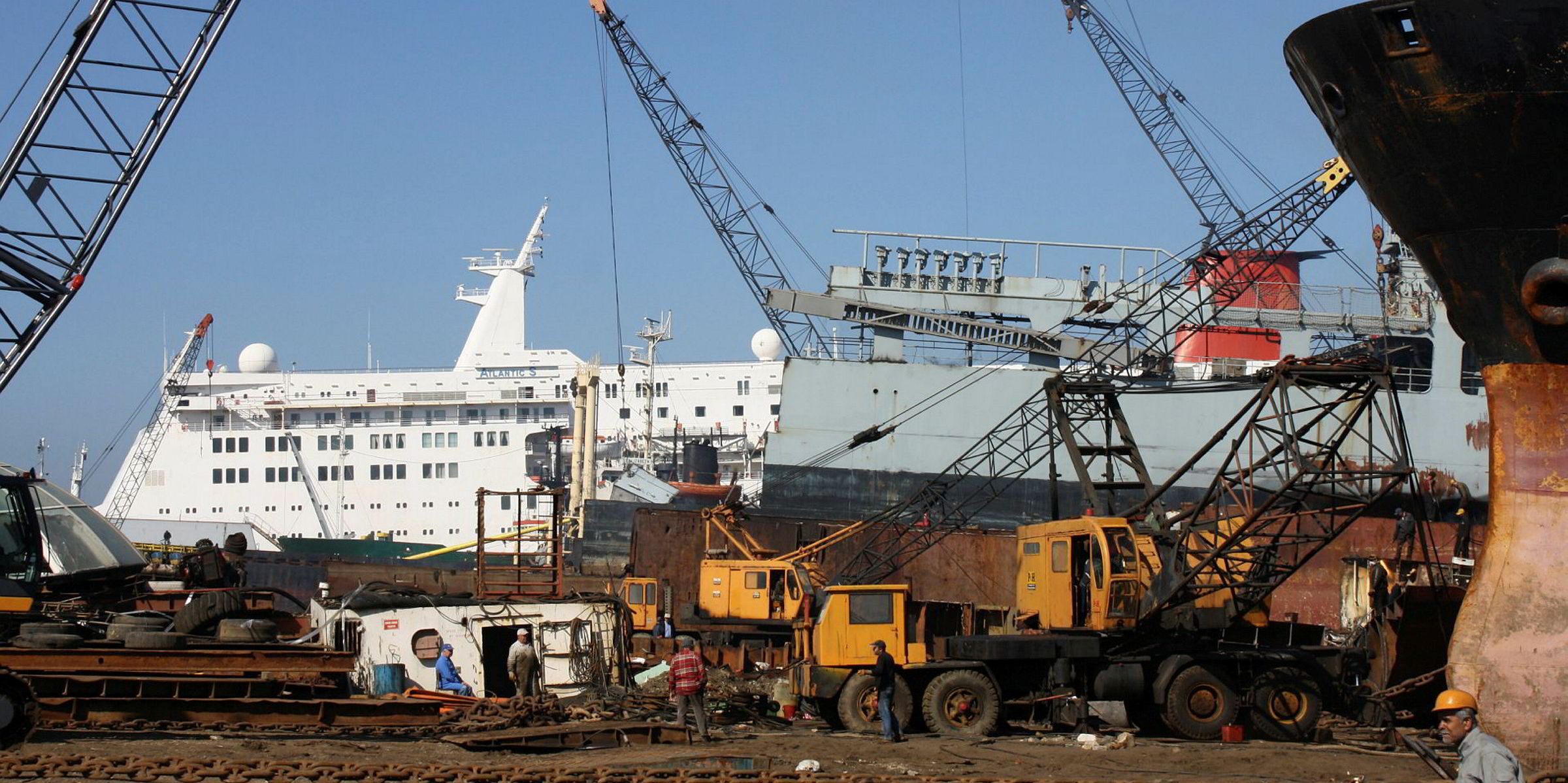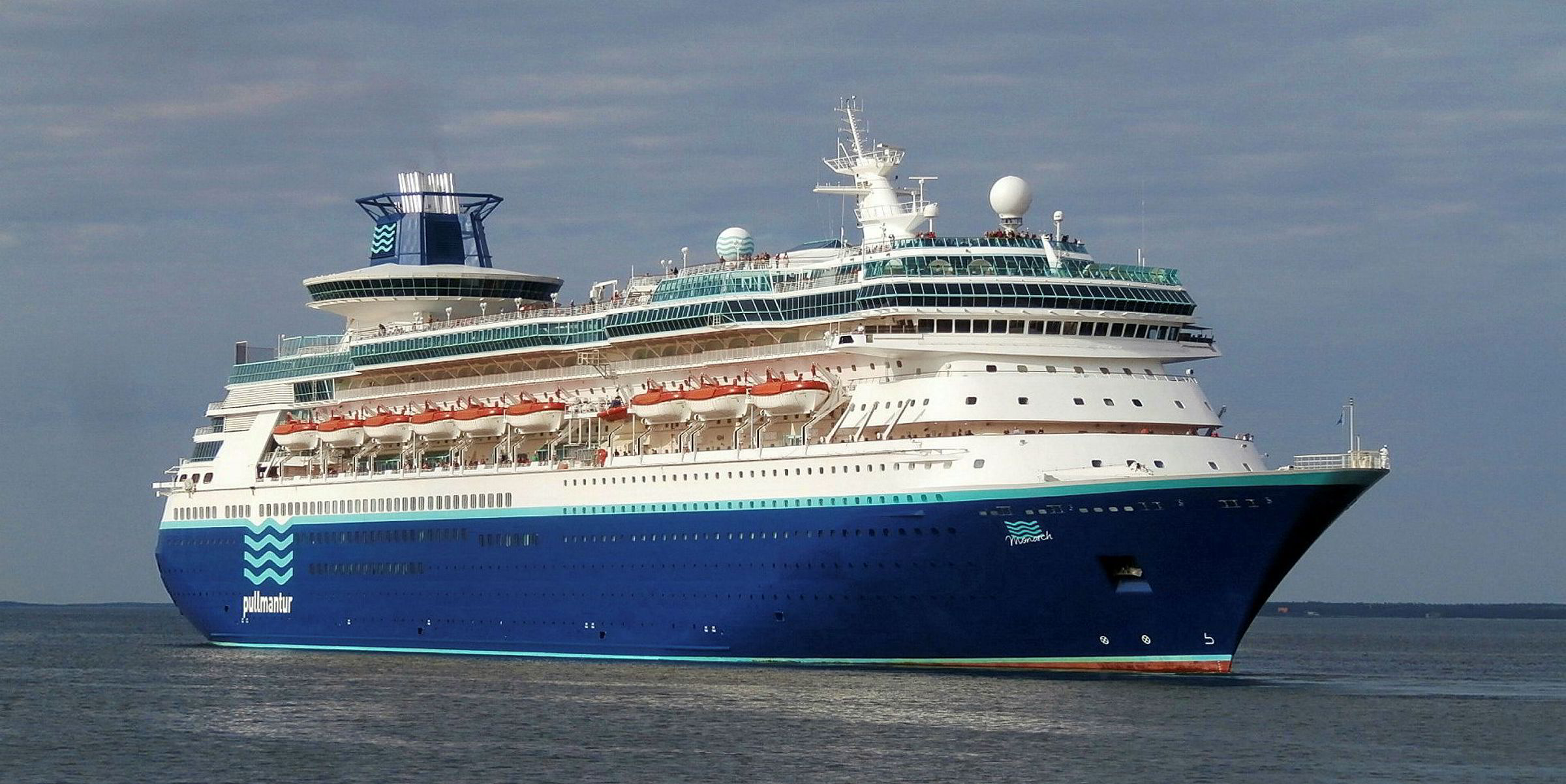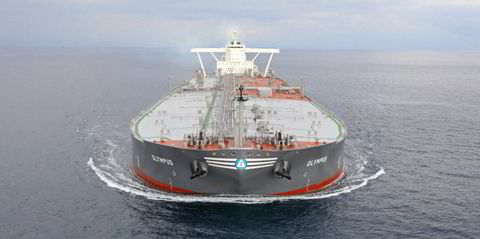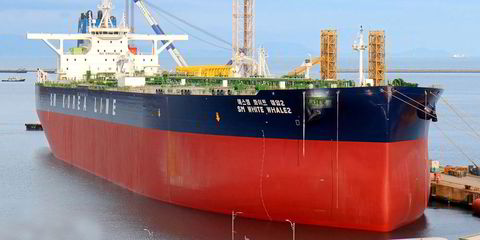Cruiseship demolition deals this week showed a major shift from India to European Union-compliant green scrapping in Turkey.
The move may help preserve the green credentials of the cruise majors, but it comes at a hefty 43% discount on price.
Royal Caribbean Group is sending a trio of cruiseships previously operated by Pullmantur Cruises to the Turkish shipbreaking centre at Aliaga, and Carnival Corp is believed to be sending at least one more. The deals are making it clear that India may be out of the running for the upcoming cruiseship purge.
Demolition brokers closely connected to Indian shiprecyclers said that cruiseships such as the 73,900-gt Monarch (built 1991), which arrived off Aliaga on Tuesday, would fetch approximately $250 per ldt from a yard at Alang that is compliant with the Hong Kong International Convention for the Safe and Environmentally Sound Recycling of Ships.
A large ship such as the Monarch, at 28,800 ldt, would have netted Royal Caribbean $7.2m had it been sold to India.
If all three ships, including the 73,500-gt Sovereign (built 1987) and 47,400-gt Horizon (built 1990), had been sold to India, Royal Caribbean would have received in the region of $19.8m.
Turkish shiprecyclers have always paid considerably less than their counterparts on the Indian subcontinent.
Sources close to the Turkish shipbreaking industry said the deals were done at levels somewhere close to the $140m mark with EU-compliant yards.
That would equate to $4.05m for the Monarch, and $11.3m in total, thus resulting in a 43% discount over what India would have paid.
Royal Caribbean has yet to comment on or provide financial details about its demolition deals.
The cruise sector, like all consumer-focused industries, is extremely sensitive about its image, and often comes under attack from mainstream media about its environmental impact.
The last thing it wants are images of ships being ripped apart on the beaches of Alang splashed across newspapers and social media.
The cruise giant is unlikely to want to fall afoul of European regulations precluding the sale of end-of-life vessels to non EU-approved yards.
India may have a growing number of Hong Kong Convention-compliant shipyards but has yet to have convinced the global public of its green credentials.
Sending ships to Turkey’s EU-approved yards may be seen as removing that potential reputation risk and keep them in the good books of EU officialdom. That, clearly, has been deemed worth the cost.
This article has been updated to reflect net ldt figures excluding permanent ballast






